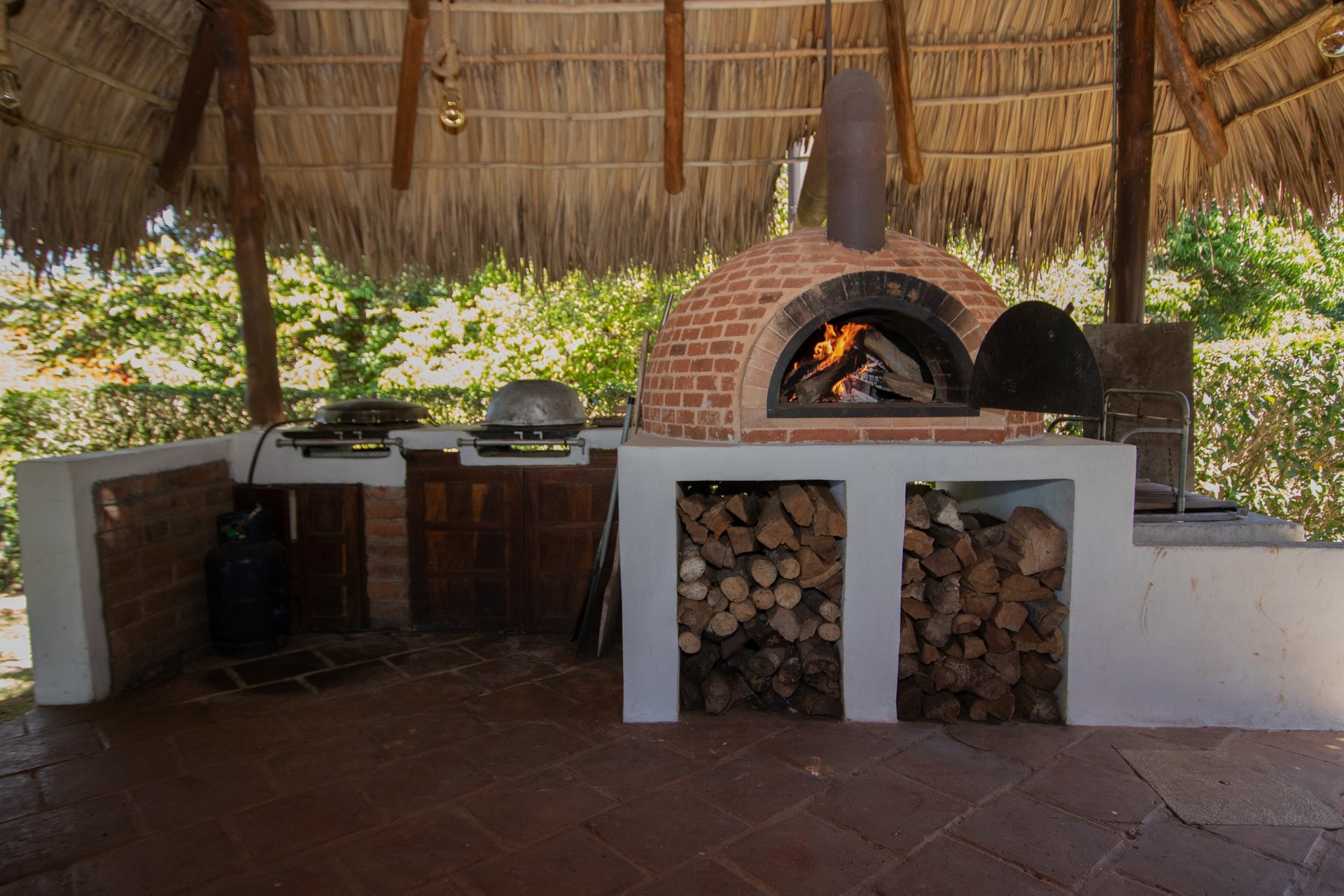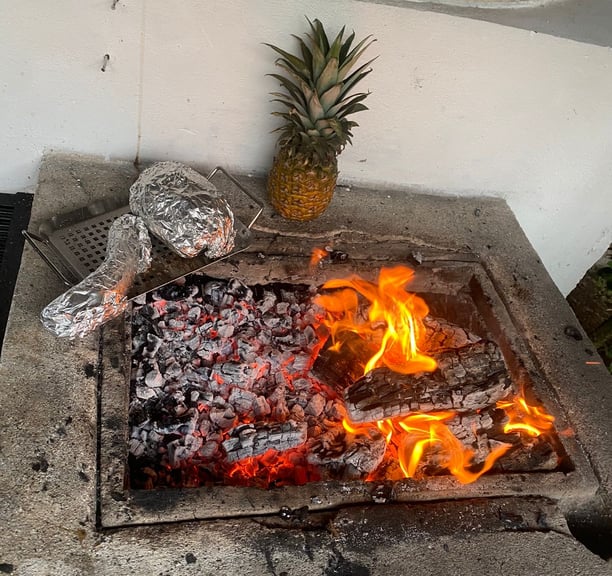
PARTICIPATIVE COOKING
MORE THAN LEARNING TO COOK
The main objective of cooperative food courses is to teach people to work together in the preparation and distribution of food within a collective and collaborative model.
This approach promotes solidarity, equity and sustainability. Below I detail some of the key functions of these courses:
1. Promotion of collaborative work: Cooperative food courses teach people to work as a team, where all participants share responsibilities and tasks in the process of preparation, distribution and, in some cases, consumption of food . This model encourages cooperation and mutual respect.
2. Promotion of sustainability and solidarity economy: Many of these initiatives focus on the use of local, seasonal and fair trade ingredients, seeking to reduce environmental impact and support the local economy. The reduction of food waste, the reuse of ingredients and the planning of healthy and accessible menus are also promoted.
3. Education on nutrition and healthy eating: Through these courses, participants learn about balanced nutrition, the importance of a healthy diet and how to make conscious choices regarding the foods they consume, adapted to collective needs and the available resources
4. Developing culinary and organizational skills: In addition to teaching cooking techniques, cooperative food courses may also include modules on group management, conflict resolution, democratic decision making, and resource management. This helps strengthen both culinary and organizational skills.
5. Empowerment and autonomy: These courses also seek to empower communities to be able to organize and manage their own food resources autonomously, without depending on large commercial distribution chains, which can contribute to improving food security in vulnerable communities.
6. Creation of community networks: Through the courses, community support networks can be formed, where people connect and collaborate with each other, which reinforces the social fabric and solidarity between participants.
In summary, cooperative food courses not only have an educational component on cooking and nutrition, but also seek to promote values of cooperation, sustainability and equity, in order to strengthen communities and improve the quality of life of their members.


TERMS & CONDITIONS
4 person minimum required, 8 person maximum.
Minimum age 14 years old.
Special dietary restrictions must be disclosed prior to booking.
$350 USD first 4 people
PRICING
$65 USD per extra person up to 4
$15 USD per person for seafood or steak meals
We offer seasonal and time-based discounts. Prices vary for holidays and high season. Please contact us for availability and pricing.
CONTACT US
Costa Rica is an amazing place to find exactly what you are looking for, be it relief from stress or an immersive culture. We can help you organize a memorable stay at one of the most magical places on the planet.


